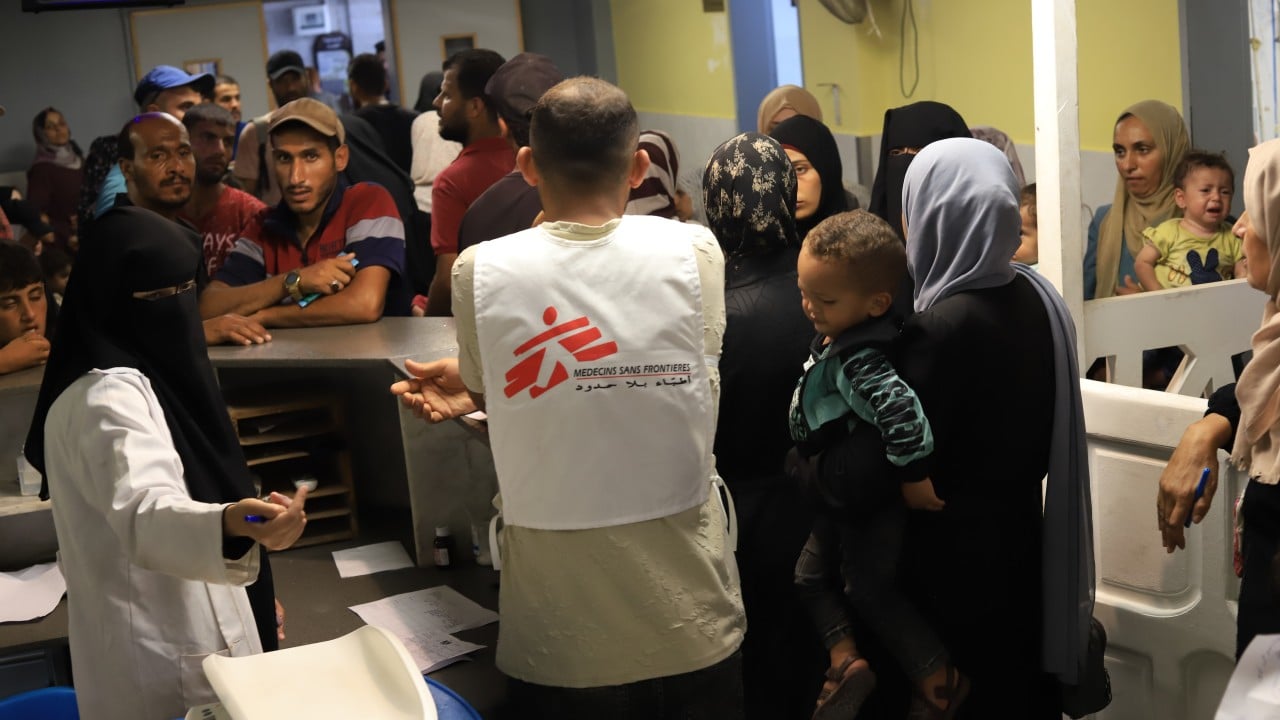[The content of this article has been produced by our advertising partner.]
Advertisement
The conflict in Gaza, which started in October 2023, has completely crippled the local healthcare system, leading to significant casualties. Krystal So, midwife activity manager for Médecins Sans Frontières (MSF), assisted Gazans during two stints at Nasser Hospital in May and September this year, despite the heavy bombardment damaging healthcare facilities.
In Gaza, more than 10,000 hours have passed with the sounds of fighter jets becoming daily background noise, and there has been no moment of peace, Krystal reflected.
“In more than a year, no miracles have occurred, and there hasn’t been enough food or drinking water. Gazans have had to flee from the war multiple times, moving their entire families. They endure the scorching summer and the harsh winter in tents, but cannot escape the bombs falling from the sky,” she recounts. “They watch helplessly as family members, children, parents, and best friends die around them.”

Krystal recounted that buildings would frequently shake at night due to bombings. She once witnessed the hospital entrance being bombed, and heard shootings near the clinic. What saddened her more is that two local colleagues lost their lives in the conflict during her second stint in Gaza. She admitted feeling “very heavy-hearted” upon learning of her colleagues’ deaths, and the entire team couldn’t function for half a day. The things she witnessed constantly reminded herself of the reason behind her return: “It’s because they are facing these difficulties and harsh realities, so I want to continue to learn, help, and work together with them.”
Advertisement

The relentless bombings have led to increasing despair, helplessness, and physical and mental breakdowns among the Gazans, Krystal observes. “No one, not even international organisations, expected the conflict to last for more than a year.”

With ongoing border closures and a destroyed water supply system, Gaza has been stricken with severe shortages of medicine, water, and food. Relief efforts by the MSF team have been hampered. Members have experienced a lack of sugar, eggs, blankets, and even basic painkillers. Krystal mentions the serious issue of food insecurity and poor hygiene conditions affecting MSF staff. She contracted a skin disease during her assignment in May. In September, the entire team suffered from diarrhoea and vomiting.

